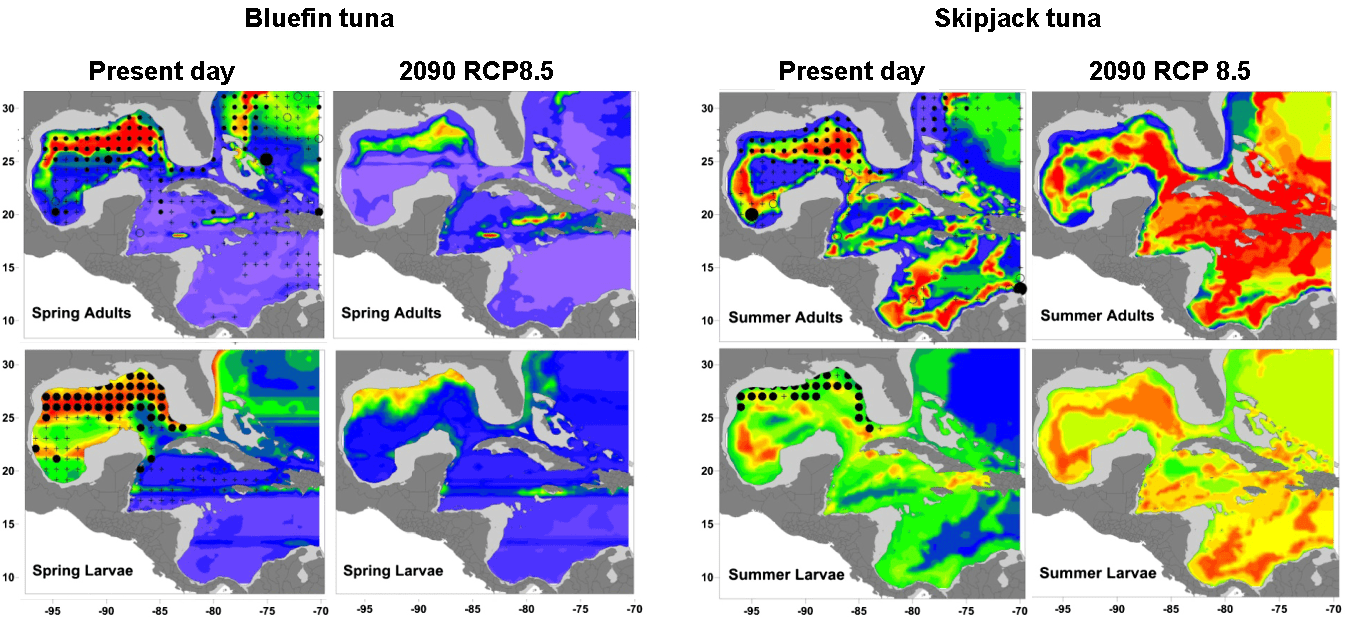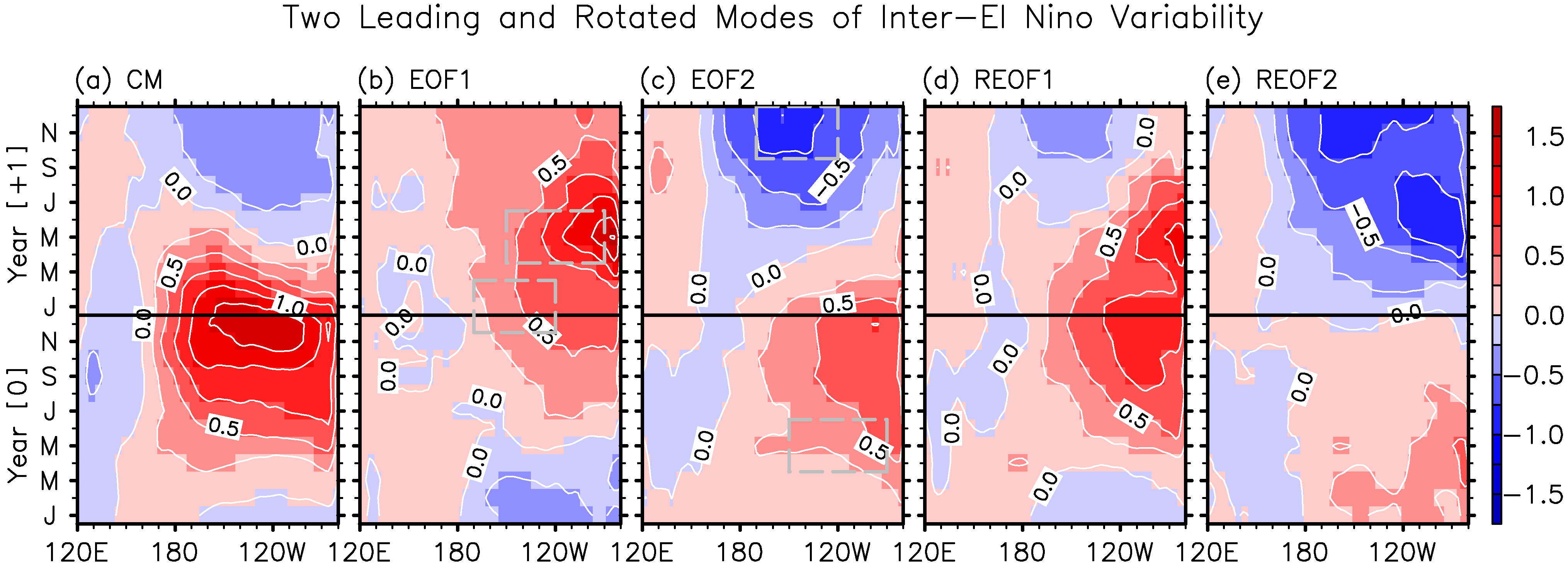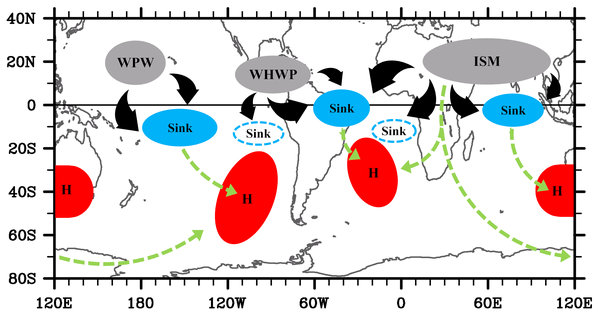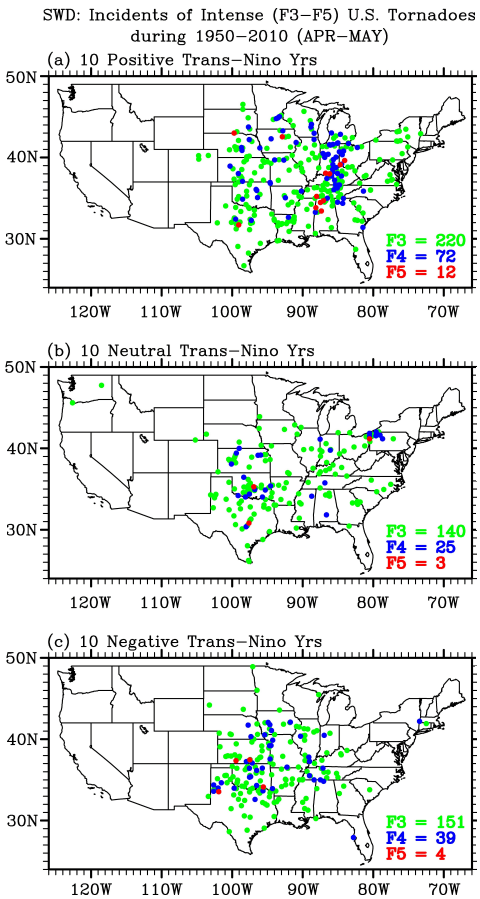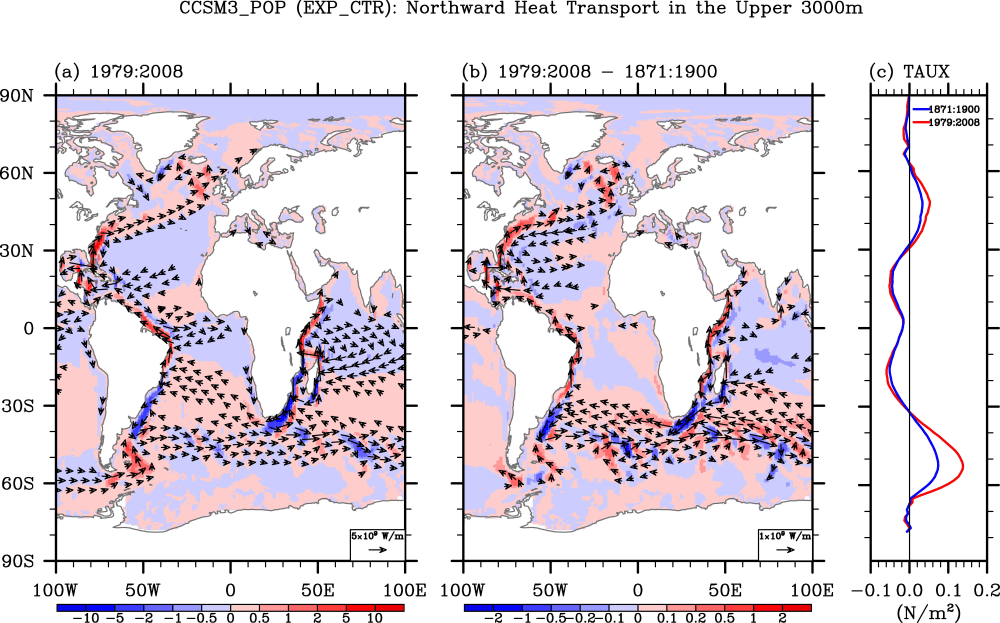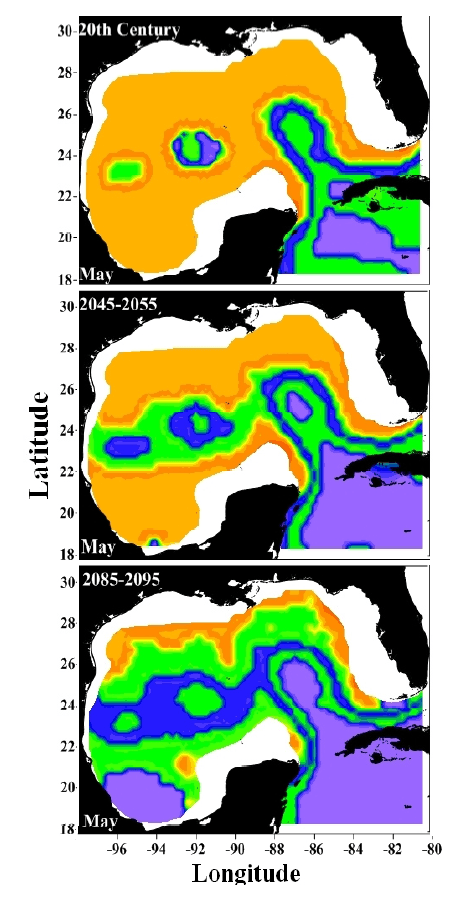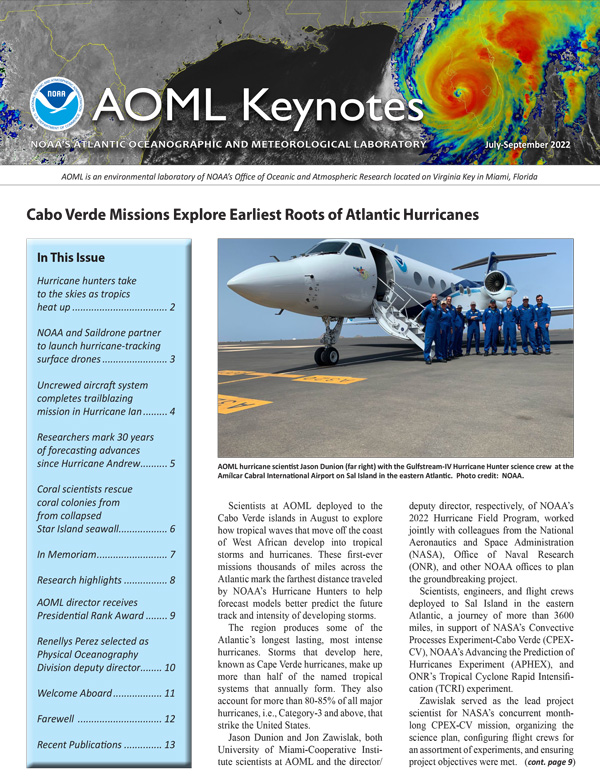In a recent article accepted for publication in the Journal of Climate, scientists in PhOD, S.-K. Lee (CIMAS) and C. Wang collaborated with R. Mechoso and D. Neelin, both at UCLA, to explore why the southern subtropical anticyclones are notably stronger in the austral winter than in summer, which is in contrast with the Northern Hemisphere (NH) in which subtropical anticyclones are more intense in summer according to the monsoon heating paradigm. They performed model experiments to show that during the boreal summer enhanced tropical convection activity in the NH plays important roles in strengthening the southern subtropical anticyclones.
